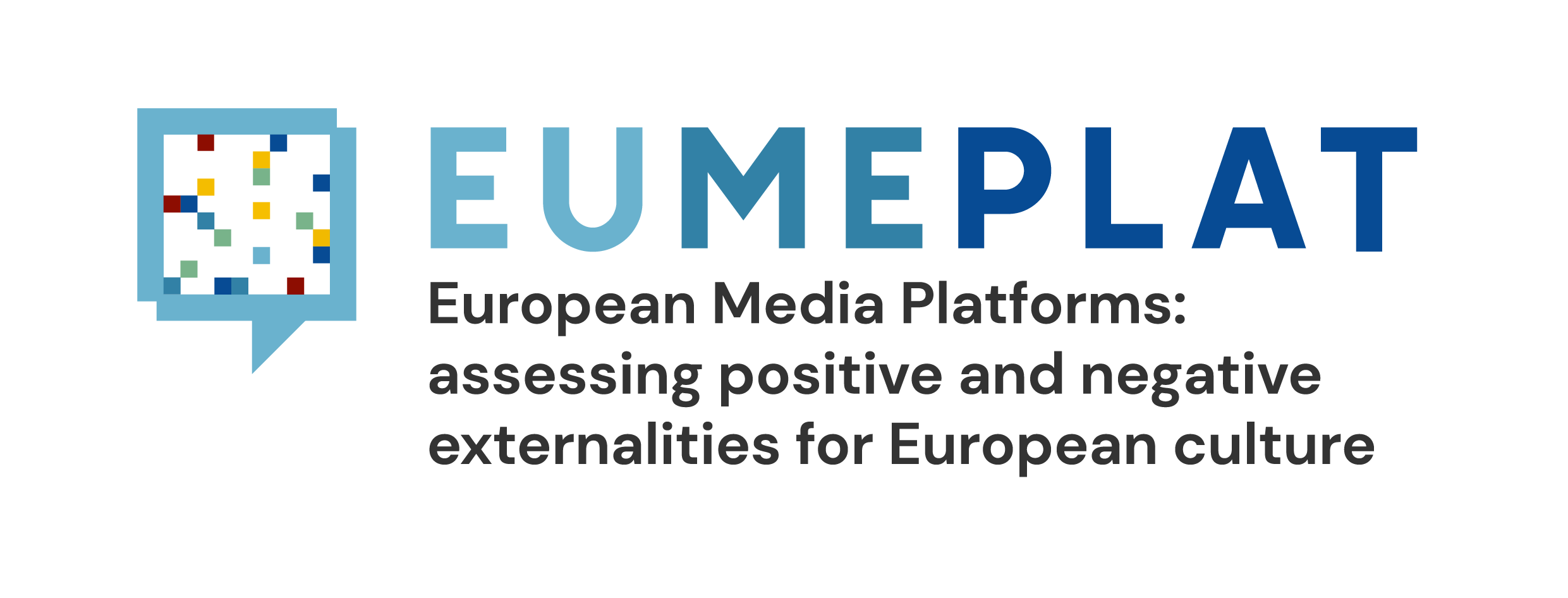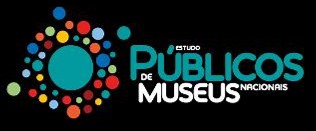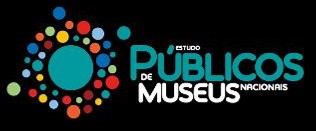Promoção do Emprego nas Atividades Geradoras de Rendimento no Setor Cultural nos PALOP e Timor-Leste
Investigadora
Formação em Estatísticas da Cultura no âmbito do Projeto PROCULTURA PALOP-TL, Promoção do Emprego nas Atividades Geradoras de Rendimento no Setor Cultural nos PALOP e Timor-Leste
Informação do Projeto
2025-10-02
2025-11-30
Parceiros do Projeto
- CIES-Iscte - Líder
Cri-IA Med-IA
Coordenadora Global
Cr-IA Med-IA nasce do encontro entre a criatividade e a intencionalidade na comunicação humana e vá ao encontro das dinâmicas tecnológicas, produtivas e económicas que regem o sistema dos media. Visa acompanhar e analisar como e em que medida a adoção das novas tecnologias suportadas por sistemas de Inteligência Artificial (IA) influencia e transforma os processos sociais e económicos relacionados com a comunicação, a criação e distribuição de conteúdos digitais. Esses são processos criativos, cognitivos, comportamentais, estratégicos e económicos que se cruzam na produção, disseminação e consumo de conteúdos de media, tanto no setor do jornalismo, bem como na realização de produtos de diversos media e indústrias criativas.Cr-IA Med-IA estuda as modalidades de introdução e adoção das tecnologias em processos criativos, de comunicação, entretenimento e trabalho de indivíduos e organizações, considerando as componentes da literacia algorítmica e da literacia da IA, a evolução dos imaginários sociotécnicos e as suas consequências no trabalho profissional e nos processos de seleção, preferência, verificação, criação de confiança e lealdade, colaboração e consumo dos conteúdos por parte dos utilizadores da internet.
O projeto entende estudar estas dinâmicas como elemento essencial para adaptar estratégias profissionais e promover interações mais colaborativas e transparentes no ambiente digital. Destaca a importância de uma abordagem crítica e informada na adoção de tecnologias de IA, visando maximizar os benefícios e mitigar os riscos associados à sua integração nos processos criativos e de consumo de media.
Pretende dar contexto aos comportamentos e às práticas, produzindo conhecimento atual e relevante para a comunidade académica e para a sociedade civil nos seus mais variados setores, informando a elaboração de sistemas de regulação e de políticas públicas.
Cr-IA Med-IA é um projeto dinâmico e aberto à colaboração com os estudantes e investigadores que pretendam...
Informação do Projeto
2025-01-01
2026-12-31
Parceiros do Projeto
AFROPRENEURS.PT
Coordenadora Global
Investigar o ecossistema de inovação digital português, para caracterizar e dar mais visibilidade e reduzir as barreiras de entrada aos empreendedores africanos e afrodescendentes.
O projeto de investigação constitui um estudo exploratório que visa constituir um ponto de partida essencial para o desenvolvimento de estratégias, programas e incentivos para a criação de um ambiente mais equitativo para os afro-empreendedores em Portugal.
Informação do Projeto
2022-11-25
2023-01-25
Parceiros do Projeto
Iberian Digital Media Research and Fact-Checking Hub
Investigadora
IBERIFIER is an Iberian hub that aims to tackle disinformation in Spain and Portugal by bringing together aconsortium of 23 partners, composed of 12 universities, 5 independent fact-checking organisations and publicly-owned news agencies, and 6 leading institutions on strategic analysis, computer and data science, and mediaresearch. With the support of public authorities of both countries, relevant media organisations, several scientific andprofessional associations, as well as some other stakeholders, the activities of this Action comprise: (1) scientificresearch and analysis for the security and development of the Iberian digital media ecosystem; (2) fact-checking inthree languages (Spanish, Portuguese, and Catalan); (3) computer and data research aimed at developing systemsfor early detection of disinformation; (4) strategic analyses about the impacts of disinformation on areas such aspolitics, economy, social and security issues, science and technology, and the media industry; and (5) developmentof media literacy, through a set of activities targeted mainly to young people, journalists and citizens in general.Although the consortium focuses its activities on Spain and Portugal, its impacts are expected to reach far beyondthese two countries, thus contributing to the overall strategy and goals of the European Digital Media Observatory.Thanks to the international dimension of some of the consortium partners, as well as the set of scientific,communication and dissemination activities planned, IBERIFIER aims to have impact in the socio-cultural andlinguistic area that comprises all the Iberian-American region as well as some other countries in Africa and Asia,where Spanish and Portuguese languages are spoken by more than 600 million people, spread over 21 Spanish-speaking and 9 Portuguese-speaking countries.
Informação do Projeto
2021-09-01
2024-02-29
Parceiros do Projeto
- CIES-Iscte
- UN - Líder (Espanha)
- AM - (Espanha)
- UC3M - (Espanha)
- UGR - (Espanha)
- USC - (Espanha)
- UPV - (Espanha)
- UPM - (Espanha)
- UMH - (Espanha)
- Verificat - (Espanha)
- FECYT - (Espanha)
- UVEG - (Espanha)
- ELCANO - (Espanha)
- POLIGRAFO - (Portugal)
- BSC CNS - (Espanha)
- CENJOR - (Portugal)
- UAVR - (Portugal)
- OberCom - (Portugal)
- FUSP-CEU - (Espanha)
- LUSA - (Portugal)
- URJC - (Espanha)
- EFE - (Espanha)
- ALPMJ - (Portugal)
European Media Platforms: Assessing Positive and Negative Externalities for European Culture
Investigadora
The EUMEPLAT project aims at analyzing the role of media platforms in fostering or dismantling European identity. The assumption we will draw on is that European dimension has rarely been dominant in media history. In most cases – i.e., movie – market shares are mainly divided among national productions and importations from the most influential country. In broadcasting both regional and national patterns emerge, with properly European exchanges being the exception more than the rule. Web platforms are usually owned by US companies, with a new threat appearing in our media landscape. We will focus on the “platformization” process, as the rise of new closed Web architectures, so as to inquire its positive and negative externalities, functional and dis-functional consequences. Positive externalities are beneficial to society at large, in a way that explains the overall ambition of the project. Detecting the insurgence of negative effects is a fundamental duty for scholars and policy-makers, as externalities of both kinds tend to reinforce themselves, giving rise to positive loop feedbacks and critical vicious circles. Negative externalities include misinformation, toxic debate, exclusion of independent voices; positive externalities encompass European co-productions, or practices able to bring people out of the information bubble. For this purpose, we will run a multidisciplinary analysis of platformization in three fields: news, video sharing, media representations, with the final goal to offer a theoretical synthesis. The research question is whether or not new platforms – YouTube, Netflix, NewsFeed - are making European culture more European, based on indicators related to production, consumption and representation. Patterns will be detected by comparing national, regional and European and level. Advanced methods will be applied for data analysis, so as to provide guidelines for decision-makers (i.e., fake news prevention; best practices in co-productions).
Observatório Português das Atividades Culturais
Assistente de Investigação
O OPAC - Observatório Português das Atividades Culturais é uma estrutura constituída em dezembro de 2018 no quadro do Centro de Investigação e Estudos de Sociologia do ISCTE-Instituto Universitário de Lisboa, responsável pelo seu funcionamento e coordenação científica. Tem como missão o estudo, produção e disponibilização pública de informação rigorosa e atualizada nos diversos domínios culturais visando desta forma contribuir para os debates atuais na sociedade portuguesa e para a formulação, acompanhamento e avaliação das políticas públicas.
Informação do Projeto
2018-12-01
--
Parceiros do Projeto
Estudo de Públicos de Museus Nacionais: edição de resultados (2ª fase)
Investigadora
Esta fase do projeto Estudo de Públicos de Museus Nacionais, promovido pela DGPC e coordenação científica do CIES-IUL, consiste na apresentação dos resultados específicos de nove dos quatorze museus participantes: Museu Nacional dos Coches, Museu Nacional de Grão Vasco, Museu Nacional do Teatro e da Dança, Museu Nacional do Traje, Museu Nacional da Música, Museu Nacional de Etnologia, Museu Nacional de Arte Contemporânea - Museu do Chiado, Museu Monográfico de Conimbriga - Museu Nacional e Casa-Museu Dr. Anastácio Gonçalves.
Informação do Projeto
2018-05-10
2019-12-31
Parceiros do Projeto
- CIES-Iscte
- DGPC - (Portugal)
Estudo de Públicos de Museus Nacionais: edição de resultados
Investigadora
Esta fase do projeto Estudo de Públicos de Museus Nacionais, promovido pela DGPC e coordenação científica do CIES-IUL, consiste na apresentação dos resultados específicos nos museus participantes e a edição do relatório global e de cinco museus: Museu Nacional de Arqueologia, Museu Nacional de Arte Antiga, Museu Nacional do Azulejo, Museu Nacional de Machado de Castro e Museu Nacional Soares dos Reis.
Informação do Projeto
2017-11-06
2018-05-05
Parceiros do Projeto
- CIES-Iscte - Líder
- DGPC - (Portugal)
Informação do Projeto
2013-10-01
2016-09-30
Parceiros do Projeto
- CIES-Iscte
- University of Turku - Líder (Turquia)
- University of the West of England - (Reino Unido)
- University of Oxford - (Reino Unido)

 English
English




